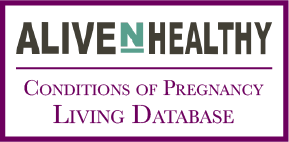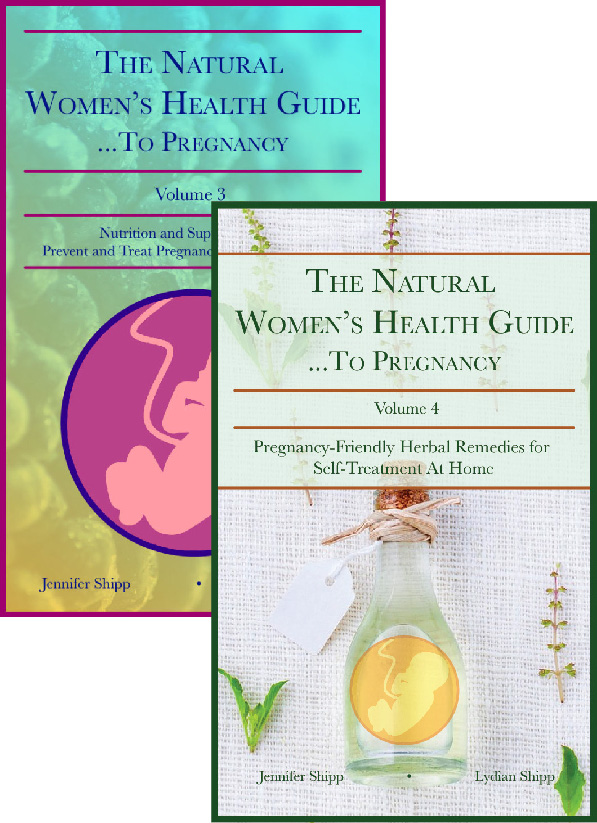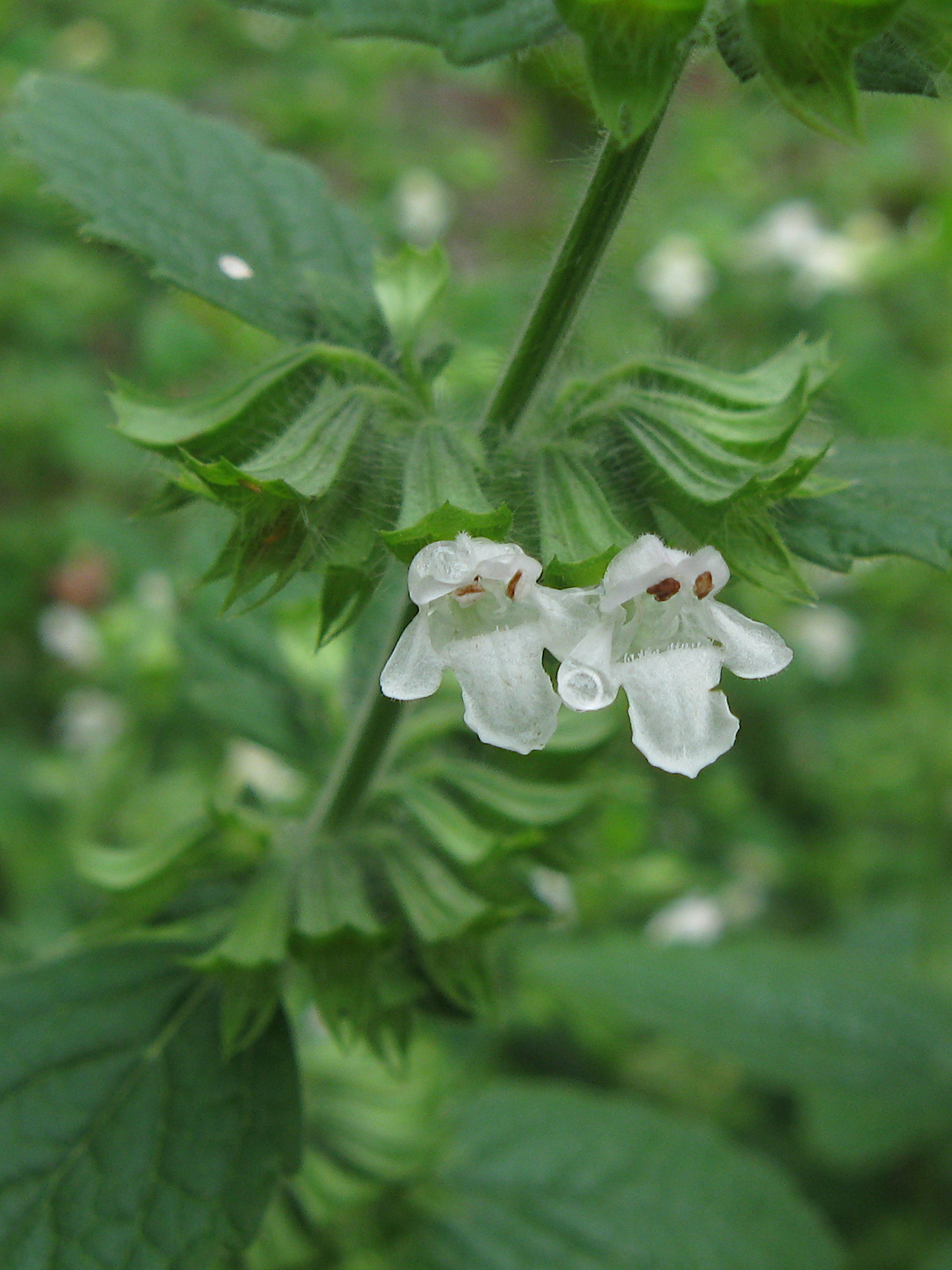Can preeclampsia be cured? / Can gestational diabetes be cured?
UPDATE 2024: We wanted to note that Melissa officinalis is a powerful herbal remedy for herpes during pregnancy. It can be used topically or it can be administered internally to treat herpes at home during pregnancy. Click here to read more about how to combine DMSO with Melissa officinalis as a powerful herpes herbal remedy that's safe during pregnancy.Melissa officinalis is an aromatic herb that’s colloquially known as lemon balm. Lemon balm is one of those herbs that seems gentle almost to a fault. But this is just lemon balm’s cover. In reality, this herb is a powerhouse of herbal goodness that can be extremely important if you know how and when to use it. As a pregnancy-friendly herb, Melissa officinalis ranks high on the "must-have-in-your-medicine-cabinet-during-pregnancy" list. It is an herbal remedy for serious health issues like preeclampsia and gestational diabetes.
The active components of this herb are primarily located in the leaves. Essential oils of Melissa officinalis contain an array of medicinal substances including rosmarinic acid, caffeic acid, quercitrin, rhamnocitrin, and luteolin, as well as terpenoids.
Melissa officinalis: Natural Remedy for Gestational Diabetes
Melissa officinalis is an important herb for pregnancy that can be used to treat a number of serious issues that arise during gestation. This herb contains harmine, a substance that’s also found in Passiflora incarnata and powerful sacred herbal cures like Ayahuasca and Syrian Rue. Harmine is one of few substances that can regrow beta cells that produce insulin in the pancreas. So, if your beta cells have been damaged, for example by pancreatic enzymes that have become backlogged as a result of gallstones, then Melissa officinalis may become your best friend. The Conditions of Pregnancy Living Database - NOW AVAILABLE! Click here to learn more...
The Conditions of Pregnancy Living Database - NOW AVAILABLE! Click here to learn more...
How to Use Melissa officinalis as an Herb for Gestational Diabetes
Melissa officinalis is an herb that improves blood sugar levels during pregnancy as well as lipid profile, and inflammation. The typical dose in capsule form is 700 mg per day, but during pregnancy, it’s safe to take a much higher dose than that to overcome gestational diabetes naturally.
"The Natural Women's Health Guide... to Pregnancy - BUY HERE!"
Melissa officinalis for Diabetic Hypertension
Hypertension is a common problem in those with diabetes. Melissa officinalis has been studied scientifically to examine its effects on hypertension in diabetic patients and this herb is able to decrease high blood pressure at a dose of 500 mg per day. One study observed 32 patients with blood lipid imbalances over the course of three months of treatment with Melissa officinalis at 500 mg per day. All patients experienced a decrease in triglyceride levels after 3 months of treatment at this dose. Additionally both systolic and diastolic measures of blood pressure were reduced in all of the patients. A second study examined the effect of Melissa officinalis on both systolic and diastolic blood pressure in patients with hypertension. This study was a double-blind, controlled, randomized crossover clinical trial with 49 participants. The participants in the experimental group received 400 mg of Melissa officinalis 3 times per day for four weeks. The blood pressure of each participant was recorded every 2 weeks for 10 weeks. The study showed that both diastolic and systolic blood pressure was significantly decreased as a result of daily consumption of 1200 mg of Melissa officinalis. Systolic blood pressure levels were reduced by 20 points on average while diastolic blood pressure levels were reduced by 10 points on average after treatment with Melissa officinalis.
Click here to schedule a health coaching session with us.
Melissa officinalis as an Herbal Remedy for Preeclampsia
Though we haven’t been able to find scientific studies that specifically looked at the use of Melissa officinalis as an alternative treatment for preeclampsia, of course we already know that this herb is safe for use during pregnancy. And we also know that it works very well to reduce high blood pressure. So, if you’re looking for an herbal tea for preeclampsia, Melissa officinalis would be at the top of the list. This is one of few safe herbs to treat preeclampsia.As an herbal medicine for high blood pressure in pregnancy, and as an herbal medicine for gestational diabetes, Melissa officinalis ranks high in terms of its value during pregnancy.
Melissa officinalis for Diabetic Cardiomyopathy and Heart Arrhythmia
Melissa officinalis has been used to treat cardiovascular diseases for a long time. In traditional Iranian medicine, Melissa officinalis is considered to be an effective therapy for heart palpitations and arrhythmias.In one study, 55 participants received a 14 day treatment with 500 mg of lyophilized aqueous extracts of Melissa officinalis. Participants who received treatment experienced a reduction in heart palpitations and anxiety caused by the arrhythmias. The scientists noted that this herb caused no serious side effects in any of the participants.
Melissa officinalis is a vasorelaxant herb that reduces the size of infarcts, or blood clots that might cause stroke or heart attack. This herb scavenges for free radicals, reduces inflammation, activates M2 receptors while antagonizing beta-1 receptors in the heart. Melissa officinalis blocks voltage-dependent calcium channels while simultaneously stimulating endothelial nitric oxide production. It prevents abnormal fibrotic changes in heart tissues and elsewhere in the body.
The rosmarinic acid in Melissa officinalis is known as a powerful cardiovascular tonic. Some scientists believe that the rosmarinic acid content in Melissa officinalis is perhaps the most important substance responsible for its cardioprotective effects.
Melissa officinalis: Herbal Remedy for Mood Disorders
Melissa officinalis is an important herb that can be used to treat anxiety and depression naturally. Of course, as we’ve already discussed, it is an herbal antidepressant that’s safe for use during pregnancy, but Melissa officinalis is also a valuable herbal mood treatment for anxiety in non-pregnant patients too. It has been studied for its value as a natural treatment for postpartum depression.
Melissa officinalis Dosing
Non-pregnant individuals should begin dosing at 500-600 mg per day. Increase the dose up to 12 grams per day as an herbal cure for diabetes.During pregnancy, women can consume 2-12 grams per day as a tea / infusion. Or it can be administered as a tincture at 2-15 mL per day. Note, however that the use of a hot water extract / tea activates the rosmarinic acid that would then have antiviral properties. Indeed, I prefer the hot water extracts because I feel like they work better than pills, especially during pregnancy.
NOTE: One of the mistakes that people often make in treating preeclampsia at home (or in treating gestational diabetes at home) is the use of the wrong dose. Herbs take up a lot more space than conventional medicines and in order to get the medicinal effects, you'll need to use a higher dose than what you'd use to make a recreational lemon balm tea. Start with 2-4 grams and increase the dose daily until you feel the effects to treat preeclampsia and gestational diabetes naturally.
 Click here to subscribe to the Living Database!
Click here to subscribe to the Living Database!
Resources:

 Melissa officinalis is one of few safe, natural treatments for preeclampsia and gestational diabetes.
Melissa officinalis is one of few safe, natural treatments for preeclampsia and gestational diabetes. BULKSUPPLEMENTS.COM Lemon Balm Extract Powder - Lemon Balm Herb, Melissa Officinalis, Lemon Balm Powder - Herbal Supplement, Vegan & Gluten Free - 1000mg per Serving, 250g (8.8 oz)
BULKSUPPLEMENTS.COM Lemon Balm Extract Powder - Lemon Balm Herb, Melissa Officinalis, Lemon Balm Powder - Herbal Supplement, Vegan & Gluten Free - 1000mg per Serving, 250g (8.8 oz)













